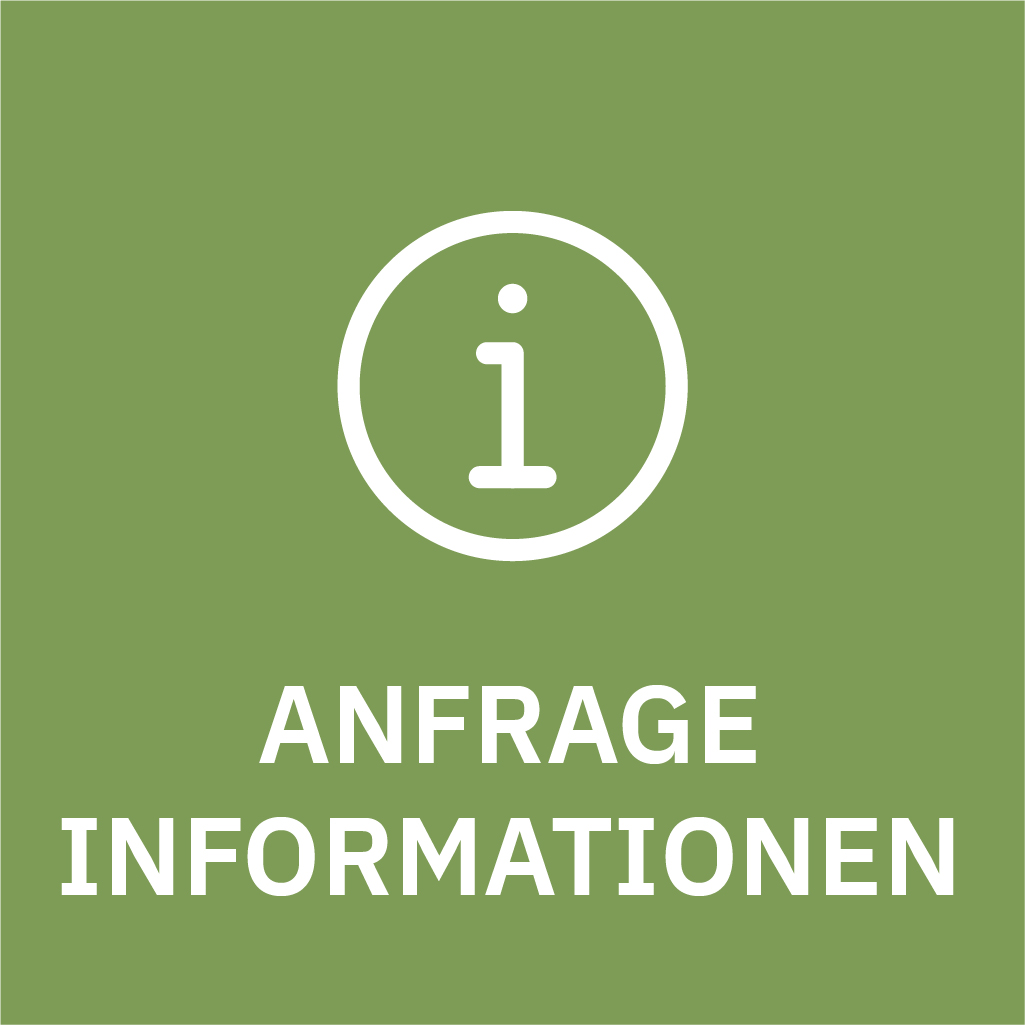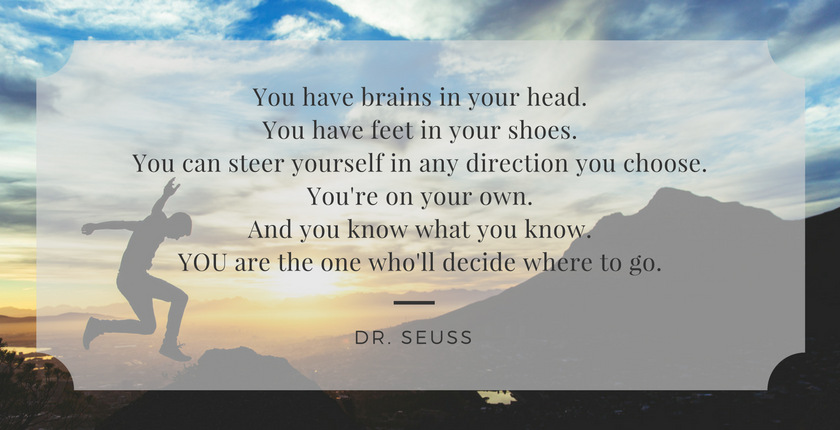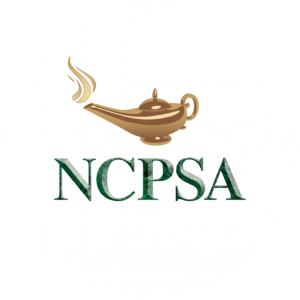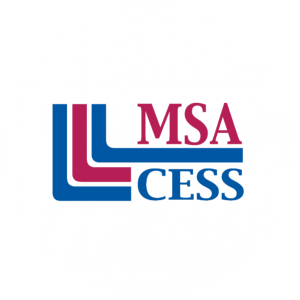By Shari Maser, Off-Campus Program Advisor
It’s college admissions season. Students are writing essays and submitting applications, and parents are preparing to complete the FAFSA and other financial forms. But not all students and parents must follow the same path! There are many alternative avenues to college—from finding a mainstream college that is a good fit to going off the beaten path and choosing self-directed learning over a formal college degree.
Just as Clonlara students individualize their K–12 education, it’s possible to make a postsecondary plan that lets students continue their personal learning journeys, each following their own chosen path. You can start with the resources below!
A “Best Practices” Approach to the Traditional Four-Year Degree
For students who want the traditional four-year college degree, the National Survey of Student Engagement (NSSE) helps identify schools that use what studies show to be educational “best practices” to ensure student engagement and success. Colleges That Change Lives is another resource of self-identified student-centered schools; while Quest University in Canada is similarly based on NSSE’s research about educational approaches that effectively support student engagement.
Test-Optional Admissions
Students who find standardized tests to be a barrier to college admissions, or students who are philosophically opposed to standardized tests, can visit the National Center for Fair and Open Testing for a list of colleges that offer test-optional admissions. To learn more about the history, politics, culture, and pros and cons of standardized testing, check out education author Anya Kamenetz’s book The Test: Why Our Schools Are Obsessed with Standardized Testing—But You Don’t Have to Be.
Students with Learning Disabilities
Students with learning disabilities can check out this list from College-Scholarhips.com, which highlights schools that offer comprehensive programs designed to support their specific learning needs.
Community Colleges
Community colleges offer an affordable alternative for students who want an associate degree, technical certificate, or general education credits to transfer into a four-year college. For more information on community colleges across the United States, read this fact sheet (PDF).
Alternative College Programs
Unschoolers who are looking for a college or program that fits their learning style might want to learn more about NYU’s Gallatin School of Independent Study or, for more alternatives, check out Homeschooling Teen’s list of “Homeschool-Friendly Colleges and Universities that Don’t Give Grades.” Best Colleges Online also provides a descriptive list of 50 non-traditional schools.
Un-college
For students who would like to continue learning completely outside the classroom, UnCollege founder and author of Hacking Your Education Dale Stephens’ “hackademics” approach might appeal; while the online community Zero Tuition College offers resources and support to self-directed learners who wish to educate themselves without going to college. Another un-college alternative is offered by the Thiel Foundation, which funds and supports students who want to pursue their passions and projects outside of college.
Taking a Gap Year
Students who are interested in taking some time off before college can investigate the UnCollege Gap Year or Gap Summer programs; Rustic Pathways programs, which include community service abroad; and Where There Be Dragons programs that offer “learning adventures in the developing world” with options including trekking, volunteer service, and homestays.
Which path will you take? If you are considering an alternative to traditional college, please share your plans with us!







